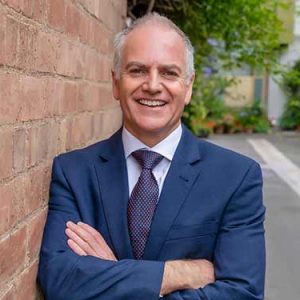

John Glossop
Founder of ADDO and Director of Glossop Town Planning.
Urban Planning: training to succeed
- ,
- , Uncategorized
As a profession, urban planners are highly qualified.
As professionals, we need to know a lot about a little and a little about a lot. Planning is a knowledge industry, but at times it can feel like there is a ‘disconnect’ between what we’ve learnt at university and the skills required in our day-to-day jobs. More than half of us feel that planning qualifications did not adequately prepare us for our entry into the workforce.
It’s not surprising then that many of us seek out new learning and new skills throughout our careers, particularly in our first few years. I’m sure most planners have been to at least one PLANET program or VPELA seminar in their professional career.
The challenge for us as a profession is to build on this base and to continue to develop our skills and support our staff in widening their particular skill set throughout their careers. The anecdotal evidence of managers in the private and public sectors is that the single greatest training need within their organisation is skill enhancement for experienced planners.
Planners are seeking to better appreciate the relationship between a development and its context and to equip themselves with the tools and knowledge to consider complex applications.
Innovation in the environmental performance and architectural design of buildings is changing the way planners need to understand and assess buildings. A stronger focus in recent years to consider the internal amenity of dwellings has required planners to learn more about the practicalities of design outcomes.
Changes in the character of our suburbs as urban renewal has occurred also require us as a profession to think more holistically about how a new development can fit comfortably with its near neighbours.
The need for skill development extends beyond the planning community. We know that architectural professionals are also seeking to expand their knowledge and understanding of planning requirements to influence their own design rationale and professional development.
There is a real gap for training on new and emerging issues – like daylight access and noise in development, dealing with contaminated land or assessing native vegetation under the new pathway-based approach.
There’s also a need for training to nurture new skills and focus on practical application and understanding.
I’m committed to planning training and bringing together industry leaders who can share their expertise and experience and connect research with practice.
Planning and development professionals now have access to our ongoing calendar of training programs that reflect the ever changing and emerging issues in the industry. Businesses will also have access to bespoke training programs that are tailored to their specific needs.
What training do you think the industry needs?

